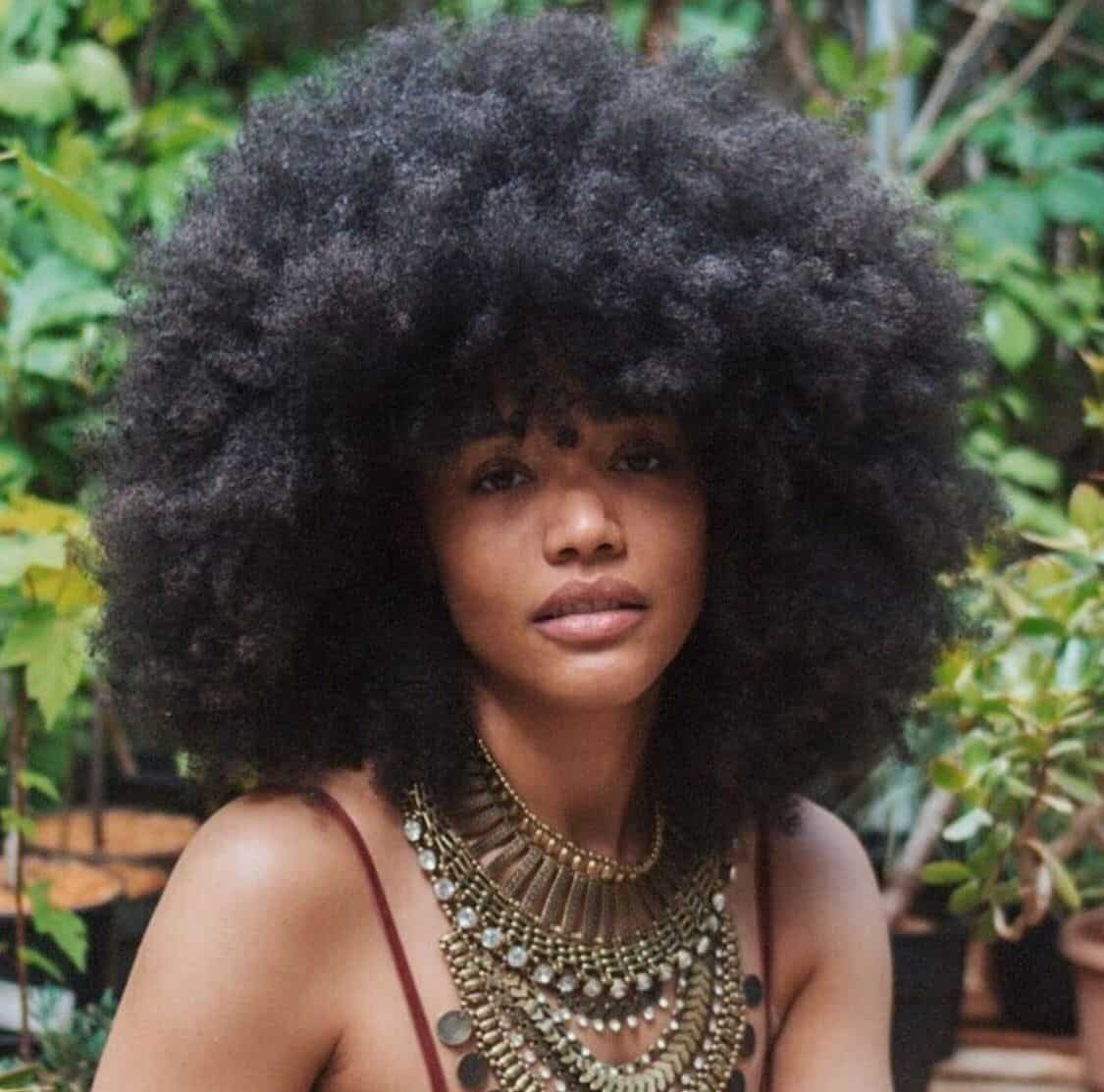Embracing The Beauty Of The Natural Curly Afro
The natural curly afro is not just a hairstyle; it is a vibrant expression of culture, identity, and self-love. For many individuals with naturally curly hair, especially those of African descent, the afro symbolizes empowerment and pride in one's heritage. This distinctive hairstyle has seen a resurgence in popularity, as more people embrace their natural textures and move away from the traditional norms of straightening and altering their hair. The journey to love and maintain a natural curly afro can be both rewarding and challenging, often requiring a deep understanding of one's hair type and its specific needs.
In today's society, the natural curly afro is celebrated not only for its beauty but also for the message it conveys about self-acceptance and authenticity. With social media platforms like Instagram and TikTok, individuals are sharing their journeys, tips, and routines, inspiring countless others to embrace their natural curls. The natural curly afro stands as a testament to the diversity of hair textures and the beauty of individuality, encouraging people to take pride in their unique features.
As we delve deeper into the world of the natural curly afro, we will explore various aspects such as care routines, styling tips, and the cultural significance behind this iconic hairstyle. Whether you are just beginning your journey or have been rocking your curls for years, understanding how to care for and style your natural curly afro can lead to healthier hair and a more confident you.
What is a Natural Curly Afro?
The natural curly afro is characterized by its voluminous, tight curls that form a rounded shape around the head. This style can vary greatly in texture, size, and shape, depending on the individual's hair type. The afro is not just a fashion statement; it reflects a rich history and cultural significance.
How Do You Care for a Natural Curly Afro?
Caring for a natural curly afro requires specific techniques and products to maintain moisture and definition. Here are some essential tips for keeping your curls healthy:
- Use sulfate-free shampoos to avoid stripping natural oils.
- Deep condition regularly to maintain moisture.
- Use leave-in conditioners and curl creams to define curls.
- Minimize heat styling to prevent damage.
- Protect curls at night with a satin or silk scarf.
What Products are Best for Natural Curly Afros?
Finding the right products can make all the difference in maintaining your natural curly afro. Look for products that cater specifically to curly hair and offer moisture-rich ingredients. Some popular product types include:
- Curl defining creams
- Moisturizing leave-in conditioners
- Natural hair oils (like coconut or argan oil)
- Hair gels for hold
Who Wears the Natural Curly Afro?
The natural curly afro is worn by individuals of all backgrounds, but it holds particular significance for those of African descent. Many celebrities and public figures have embraced their natural curls, inspiring others to do the same. One notable figure is Solange Knowles, known for her stunning curls and unique sense of style.
What is Solange Knowles' Connection to the Natural Curly Afro?
Solange Knowles has become a symbol of natural beauty and self-acceptance, often showcasing her natural curly afro in her music videos, performances, and public appearances. Her commitment to embracing her natural hair has encouraged many fans to appreciate their curls as well.
| Detail | Information |
|---|---|
| Name | Solange Knowles |
| Date of Birth | June 24, 1986 |
| Nationality | American |
| Occupation | Singer, songwriter, actress, and model |
| Cultural Impact | Advocate for natural hair and beauty diversity |
How Can You Style a Natural Curly Afro?
Styling a natural curly afro can be a fun and creative process. Here are some versatile styles to consider:
- Afro puff: Gather your hair into a high puff for a chic look.
- Twist-outs: Create defined curls by twisting sections of hair and unraveling them.
- Headbands: Use colorful headbands to accessorize and keep hair out of your face.
- Braids: Incorporate braids for a more structured look.
Why Should You Embrace Your Natural Curly Afro?
Embracing your natural curly afro is more than just a trend; it is a powerful statement of self-acceptance and identity. By celebrating your natural curls, you are honoring your heritage and promoting diversity in beauty standards. The natural curly afro invites you to express your individuality and creativity while fostering a sense of community among those who share similar hair journeys.
What Challenges Come with Maintaining a Natural Curly Afro?
While the natural curly afro is beautiful, it can also present unique challenges, such as:
- Frizz: Curls can become frizzy without proper moisture and care.
- Breakage: Curls are more prone to breakage if they are not handled gently.
- Shrinkage: Many curly-haired individuals experience shrinkage, which can impact the perceived length of their hair.
How Can You Overcome These Challenges?
To effectively manage the challenges associated with a natural curly afro, consider the following strategies:
- Adopt a regular moisturizing routine.
- Use protective styles to minimize manipulation.
- Invest in high-quality hair care products designed for curly hair.
Conclusion
In conclusion, the natural curly afro is a beautiful and empowering hairstyle that celebrates individuality and cultural heritage. By understanding how to care for and style your natural curls, you can embrace your unique beauty and inspire others to do the same. Remember, your natural curly afro is not just a look—it's a statement of pride and self-acceptance.
Article Recommendations
- Tyler James Williams Wife
- Richard Hillman Cause Of Death
- Deephotlink
- Katy Perry
- Is Bruno Mars Single
- Justina Valentine Boyfriend
- 5starsstockscom Best Stocks
- August Taylor
- Chip Gaines Heart Attack
- Camilla Araujo Nides




